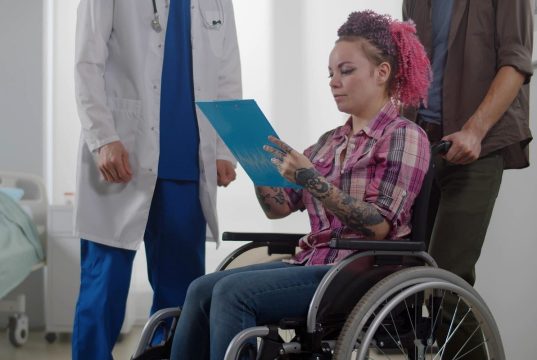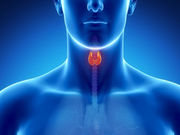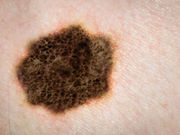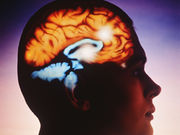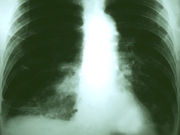Increased Dementia Risk With Hearing Loss in Older Adults
Increased risk of dementia with moderate and poor hearing in cross-sectional and longitudinal analyses
Thyroid Cancer Tied to Regular Thyroxine Use in Hypothyroidism
No significant cancer link for hypothyroidism patients who were irregular thyroxine users
Moderate Drinking May Be Protective Against Diabetes
Wine appears to provide the most protective benefit, researchers say
Switching to Generic Eye Meds Could Save Medicare Millions
Medicare is billed more than $1 billion annually for glaucoma treatments alone, researchers say
Variation in Management for Infants With GERD
Variation in overall utilization of anti-reflux surgery, and in surgical and diagnostic approach
Intel Gained on Melanoma Risk for Renal Transplant Patients
Age-standardized relative rate of melanoma 4.9 in U.S. Renal Data System versus SEER patients
Light Therapy Shows Moderate Benefits for Cognitively Impaired
Review indicates moderate effect on behavioral disturbances, depression; small effect on sleep
Total, Saturated Fat Linked to Increased Risk of Lung Cancer
Pooled analysis shows substitution with polyunsaturated fat reduces risk of carcinoma
Morphine Effects Similar to Placebo in Rheumatoid Arthritis
Anti-hyperalgesic effects of morphine also similar to placebo in chronic fatigue/fibromyalgia
Lack of Training Linked to Cancer Patient Caregiver Burden
Correlation between training and burden was partially mediated by confidence


